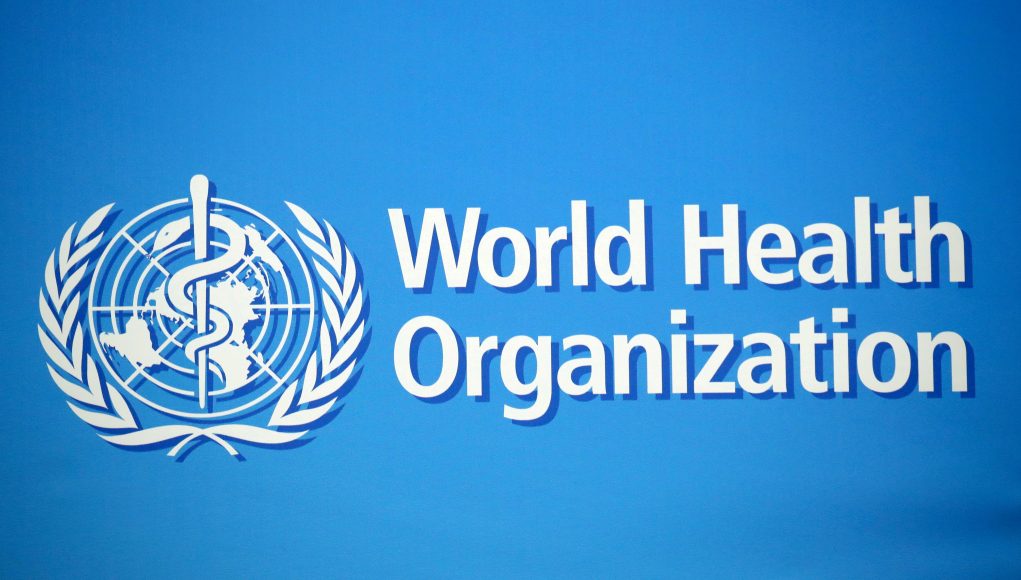By Gina Abella
The World Health Organisation has raised concerns over the acute shortage of midwives, saying that the shortage is major threat to the reduction of maternal and child deaths especially in Africa.
Currently, the WHO African Region is said to record about 196 000 maternal deaths each year, along with the deaths of one million babies younger than one month.
WHO Regional Director for Africa, Dr Matshidiso Moeti in a message to commemorate the 2022 International Day of the Midwife made available to newsmen on Thursday in Abuja, raised concerns that 75% of essential needs for maternal and reproductive health care were not being met by midwives who support women through pregnancy and childbirth; provide antenatal, intrapartum and post-natal care; family planning services; breast and cervical cancer screenings and perform basic emergency obstetric care during emergencies.
She warned that with the current trend, the shortage of midwives in Africa may increase to 1 million by 2030 adding that with Africa’s tragic record of maternal and infant deaths, there was an urgent need to expand coverage of emergency obstetric and newborn services, along with a revision of the scope of practice to allow more task-sharing and task-shifting to mitigate the shortage of midwives
She said: “According to the 2021 State of the World’s Midwifery report, by the WHO, the ICM and the United Nations Population Fund (UNFPA), the global shortage of midwives stands at 900 000, and is particularly acute in Africa. With estimates that 75% of essential needs for maternal and reproductive health care are met by midwives, it is concerning that the comparative figure for the WHO African Region is only 41%.
“Midwives are central to the prevention of maternal and newborn deaths, and stillbirths. With adequate investment in midwifery, the report says that 4.3 million lives could be saved annually by 2035. This has particular relevance for the WHO African Region, which records about 196 000 maternal deaths each year, along with the deaths of one million babies younger than one month.
“Unfortunately, if current trends persist, only 300 000 midwifery jobs are likely to be created in low-income countries, with the shortage of midwives set to increase to 1 million by 2030.
This has serious implications for the Sustainable Development Goal target of reducing the global maternal mortality ratio to less than 70 per 100 000 live deaths before 2030.
“The contributions that midwives have to make towards achieving the Sustainable Development Goals and Universal Health Coverage cannot be overestimated. Midwives have been strengthening Primary Health Care for decades, acting as a critical link between women and the health system, and making pregnancy and childbirth safer and more secure.
“Governments and partners need to substantially increase investment in the education, recruitment, deployment, retention and protection of midwives. This is essential if African countries are to be capacitated to increase coverage and quality of maternal services, while still responding effectively to health emergencies.
“In addition, WHO advocates for the adoption of policies to combat sexual harassment and promote a safe and respectful work environment, for midwives and other health workers.”
End.






























